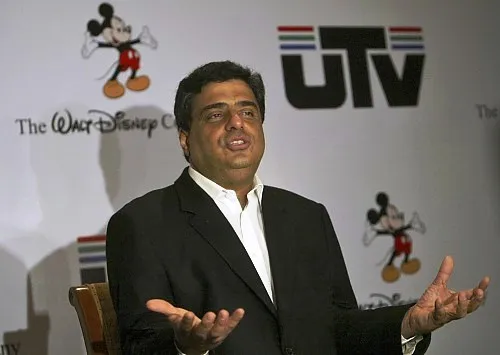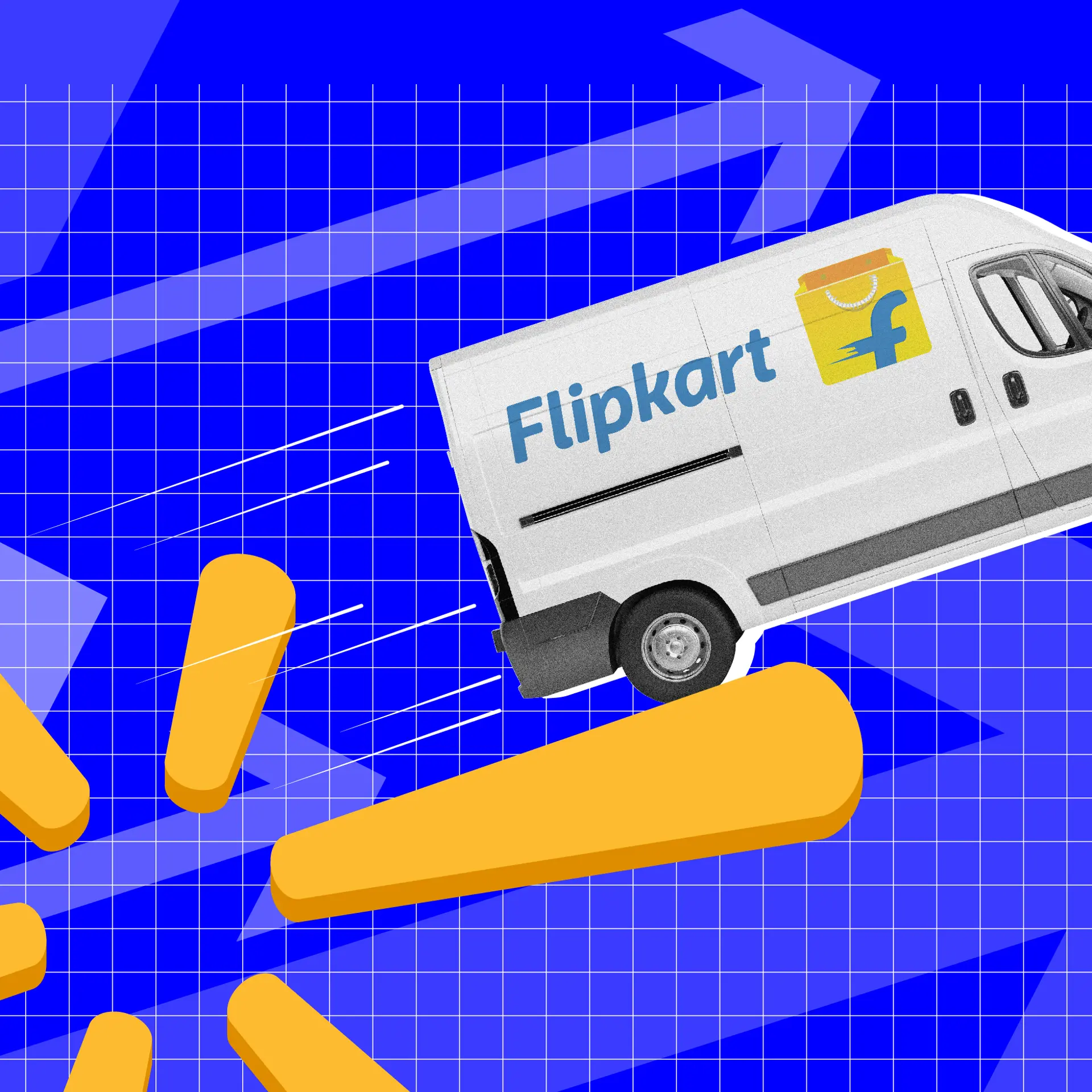Think of ‘fail fast’ as ‘learn & adapt fast’: startup lessons from Ronnie Screwvala
Rohinton ‘Ronnie’ Screwvala is well known as the media moghul who sold his business to The Walt Disney company. But in the book ‘Riding the Wave’, written by Mini Menon, Ronnie admits to his ambitious nature, and says he would have made a success out of any kind of business. “I was far too ambitious. I always wanted to do something of my own. And I was very clear about what it should be. For me it was like playing squash or tennis. I would have made a success of any kind of business,” he is reported as saying in the book.

And that, he did -- from making toothbrushes, producing plays, to TV content to making films and now full time investing in startups, Ronnie embodies a lot of brashness which is perhaps an essential trait to have in an entrepreneur. Today Ronnie divides his time between being an investor (through Unilazer Ventures) and a philanthropist (through Swades Foundation). While we try to get his time for a personal interview, Ronnie answered a few select questions from his followers on Twitter a couple of days ago -- much of it related to entrepreneurship and starting up. Here’s a compilation.
Q: What are some of the key regulations which if changed will increase the culture of entrepreneurship in India?
Ronnie: It's the mindsets first + family support + dropping the fear of failure and I see these as more important than regulations.
Q: If an aspiring entrepreneur is not able to respond satisfactorily to the cross questioning after pitch, is it a deal breaker?
Ronnie: No, if you are not prepared for an answer, best is to be honest -- respond by saying, "Good point but I do not know the answer."
Q: Should exit strategy be a part of a business plan?
Ronnie: Never! It amazes me how so many discussions are always about raising the next round of funds instead of building a business.
Q: What is the measure of success for a startup in the first year given that it will not break even that fast?
Ronnie: Not all businesses need to be in loss in first year. The internet economy has changed that. You have to set your own goal posts.
Q: Do you think incubators in India are actually successful? How to choose one?
Ronnie: Incubators are useful but more importantly create an environment of like-minded people to share thoughts and challenges.
Q: Is execution more important than the idea? What if it's a me-too product but with better execution? Will investors be interested?
Ronnie: External people and investors will always be more glued onto execution.
Q: Does a business idea necessarily have to be aligned with personal passion? Or should it be only about what the market needs?
Ronnie: Personal passion alone will not get you far, when it comes to a business idea it has to have a scalable market.
Q: How important is networking for aspiring entrepreneurs?
Ronnie: Very important -- for knowledge, for sharing ideas and for finding team members.
Q: Fail fast, fail often is frequently used by entrepreneurs but is it well-received by investor? Does track record matter?
Ronnie: Fail fast are two words I am hearing a lot more often but it should be seen as learn and adapt fast.
Q: What is one investment that you regret making?
Ronnie: Many! Partly because they were ahead of their time and I did not stay with them and somewhere it went out of focus. Different priorities at different times can affect decisions -- staying focused is the key.
Q: Shouldn't social entrepreneurship be the only form of entrepreneurship?
Ronnie: Not at all! Find what impact your business is creating in any way.‘Social’ isn't an excuse to not run a commercial operation.







